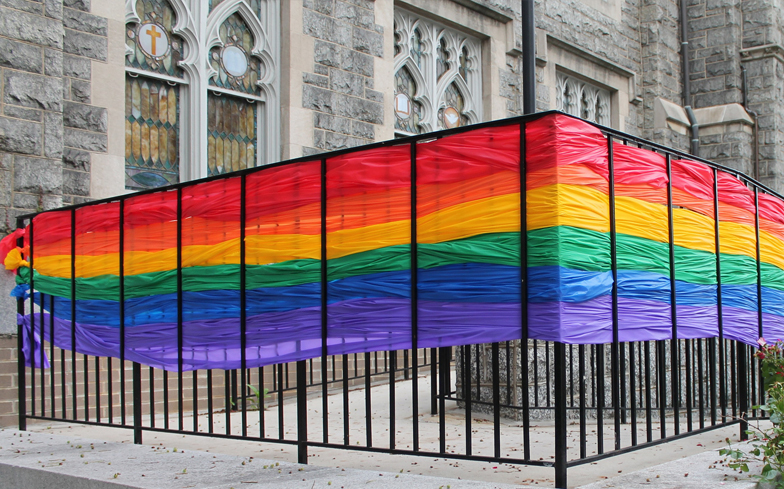The poll surveyed Catholics in nine different countries.
Research carried out by YouGov and commissioned by the Equal Future 2018 Campaign has found the majority of Catholics want the Church to adopt a more positive stance toward the LGBTQ community.
The research was carried out in the world’s largest Catholic countries, Brazil, Colombia, France, Italy, Mexico, the Philippines, Spain and the United States. And 9,606 people were asked to take part.
The research found that 63% of practicing Catholics agreed with the statement “the Catholic Church should reconsider its current teachings on LGBT issues to help support the mental health and well-being of children and young people.” This was higher than the general population, which was at 59%, but lower than baptised Catholics who no longer practiced the religion, at 65%. Out of those, only 15-16% disagreed with the statement.
Just under half of practicing Catholics agreed with the statement “the Catholic Church’s current teaching on LGBT issues could cause a child/young person to feel that being LGBT is a misfortune or disappointment,” but both of the other categories mostly agreed with it. 56% of baptised Catholics agreed with it, and 53% of the general population did as well.
49% of the practicing Catholics also agreed with the statement “it could be damaging to a child/young person’s mental health and well-being if they felt that being LGBT was a misfortune or disappointment.” Meanwhile, 50% of the general population agreed with the statement, and 51% of baptised Catholics agreed with it.
In a statement, Tiernan Brady, the Equal Future 2018 Campaign director said: “The figures clearly show that Catholic people across the globe believe that the current teaching and approach of the hierarchy towards LGBT people is now damaging to children and young people and the clear majority wants the Church to change its approach.
“The support levels for changing the Catholic Church approach to LGBT people are reflected not just in the opinions of the general populations of all the countries polled, but also amongst baptised and practising Catholics. This is not a call for change from outside the Church—it is from its own people.”




